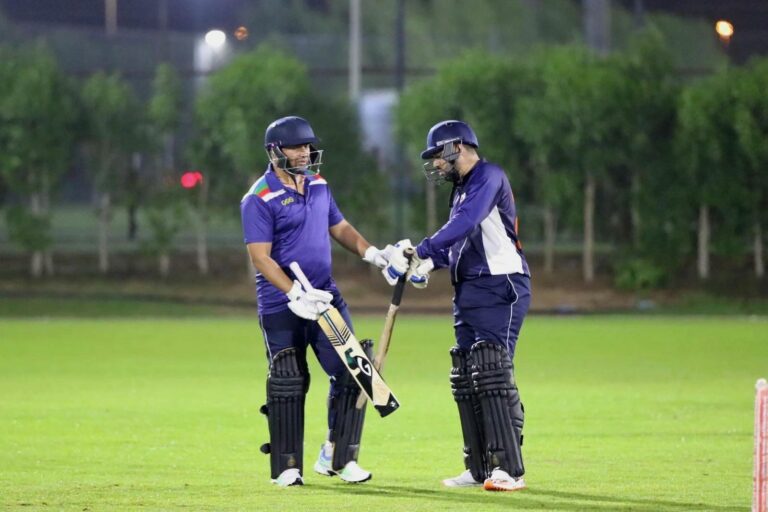Future Regulatory Landscape for IPL Betting
Laser247, World777: In the early years of the Indian Premier League (IPL), betting was a prevalent activity among fans and punters. However, with the rise of match-fixing scandals and corruption allegations, the need for regulations in IPL betting became apparent. As a response to these issues, the IPL governing body, the Board of Control for Cricket in India (BCCI), started implementing stringent rules and guidelines to curb illegal betting practices.
Over the years, the BCCI has introduced various measures to regulate IPL betting, including collaborations with law enforcement agencies to monitor betting activities during matches. The implementation of codes of conduct and anti-corruption policies has helped in creating a more transparent and accountable betting environment for IPL fans. Despite these efforts, challenges remain in effectively regulating IPL betting due to the underground nature of the betting market and the constant evolution of new technologies that enable illegal betting practices.
Current Regulatory Framework for IPL Betting
The current regulatory framework for IPL betting in India is primarily governed by the Public Gambling Act of 1867, which prohibits gambling activities in the country. However, due to the rapid growth of online betting platforms, the government introduced the Information Technology Act of 2000 to address the challenges posed by digital betting.
The Foreign Exchange Management Act (FEMA) and the Prevention of Money Laundering Act (PMLA) are also crucial legislations that regulate the financial transactions associated with IPL betting. Additionally, the Betting Laws of each state in India play a significant role in determining the legal status of betting activities within their respective jurisdictions. These overlapping regulations create a complex web of rules that need to be navigated by both bettors and betting service providers.
Challenges Faced in Regulating IPL Betting
The landscape of regulating IPL betting poses numerous challenges for authorities and policymakers. One major hurdle is the proliferation of online betting platforms, which operate across different jurisdictions, making it difficult to enforce regulations uniformly. Additionally, the anonymity and accessibility of online betting make it challenging to monitor and track illegal betting activities effectively.
Moreover, the evolving nature of technology creates new avenues for individuals to engage in illicit betting practices, blurring the lines between legal and illegal operations. The lack of a standardized regulatory framework across different regions adds another layer of complexity, as inconsistencies in laws and enforcement mechanisms hinder efforts to combat unauthorized betting activities effectively.
What is the history of IPL betting regulations?
The history of IPL betting regulations dates back to the inception of the Indian Premier League in 2008. Since then, there have been various attempts to regulate betting on IPL matches due to its popularity and potential for corruption.
What is the current regulatory framework for IPL betting?
The current regulatory framework for IPL betting in India is governed by the Public Gambling Act of 1867, which prohibits all forms of gambling except for horse racing and lotteries. However, there are loopholes in the law that allow for online betting on IPL matches.
What are some of the challenges faced in regulating IPL betting?
Some of the challenges faced in regulating IPL betting include the online nature of the betting, which makes it difficult to track and monitor, the lack of cooperation from betting operators, and the widespread popularity of IPL betting despite its legal status. Additionally, corruption and match-fixing pose significant challenges to regulating IPL betting.







